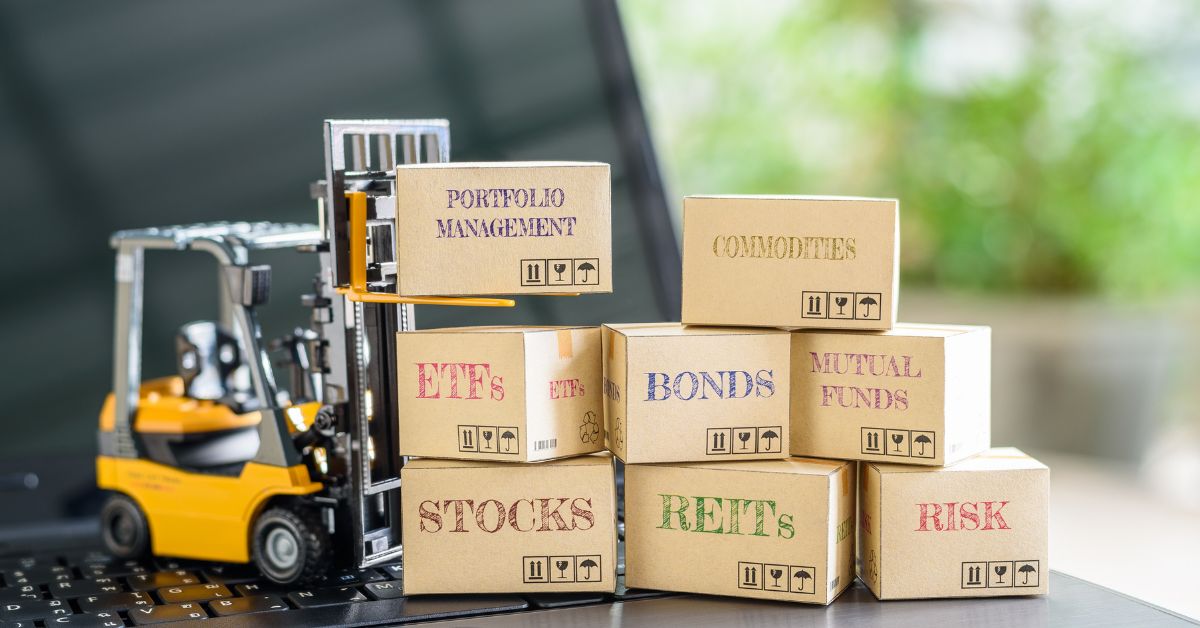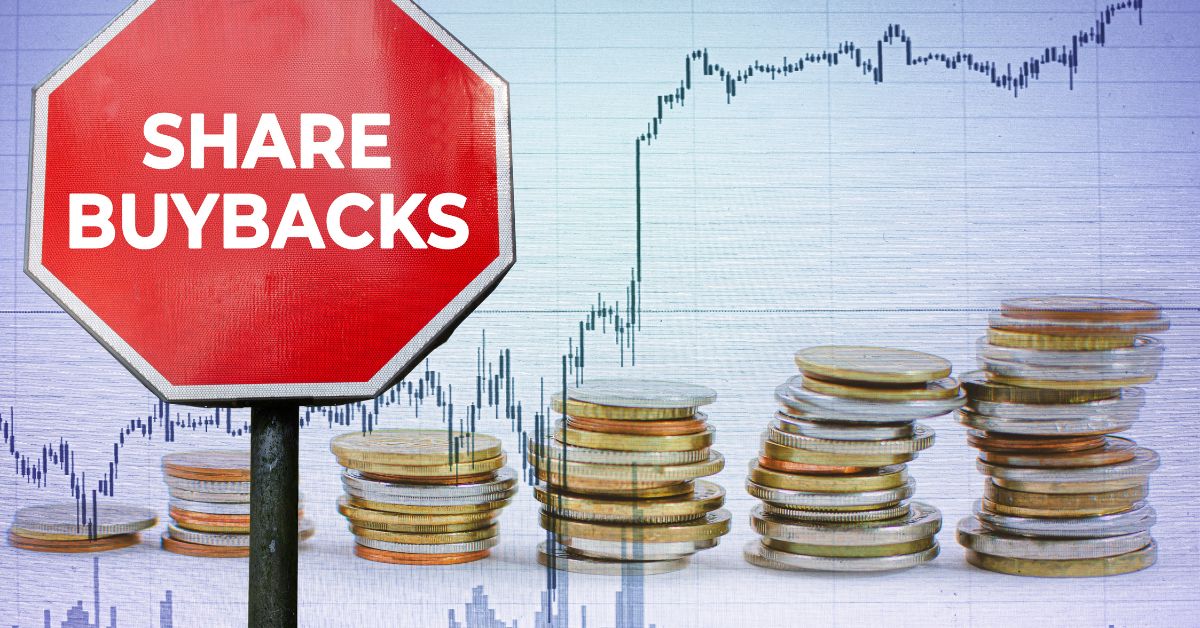
I had better state upfront that I am not a fan of share buybacks. Yes, I know that DBS and UOB have announced plans to buy back their shares and the market has welcomed this. I know that this means of returning capital to shareholders has gained popularity over the past couple of decades and is now a mainstay of stock markets everywhere.
None of these developments however, can change the fact that I’ve struggled to understand why markets tend to view share repurchases as being a value-added activity.
Consider that US President Joe Biden in his 2023 State of the Union address proposed quadrupling a tax on share buybacks from the one percent that he had introduced a few years earlier, “to encourage long-term investments”.
In explaining the rationale for the move, National Economic Advisor Lael Brainard said the tax “will encourage companies to invest in workers and the U.S. economy, rather than paying out stock buybacks to wealthy investors…”.
However, famed US investor Warren Buffett, who is obviously one of the “wealthy investors” referred to above, in his 2023 letter to shareholders said anyone who criticised stock repurchases is “either an economic illiterate or a silver-tongued demagogue”.
Advertisement
Why share buybacks?
Clearly then, buybacks are a controversial corporate activity.
Given their rising popularity – in 2023, 69 SGX primary-listed companies bought back shares totalling S$743 million whilst the figures for 2022 and 2021 respectively are even more impressive at S$1.69 billion and S$1.19billion – it’s worth asking: what exactly is the justification for a company buying back its shares?
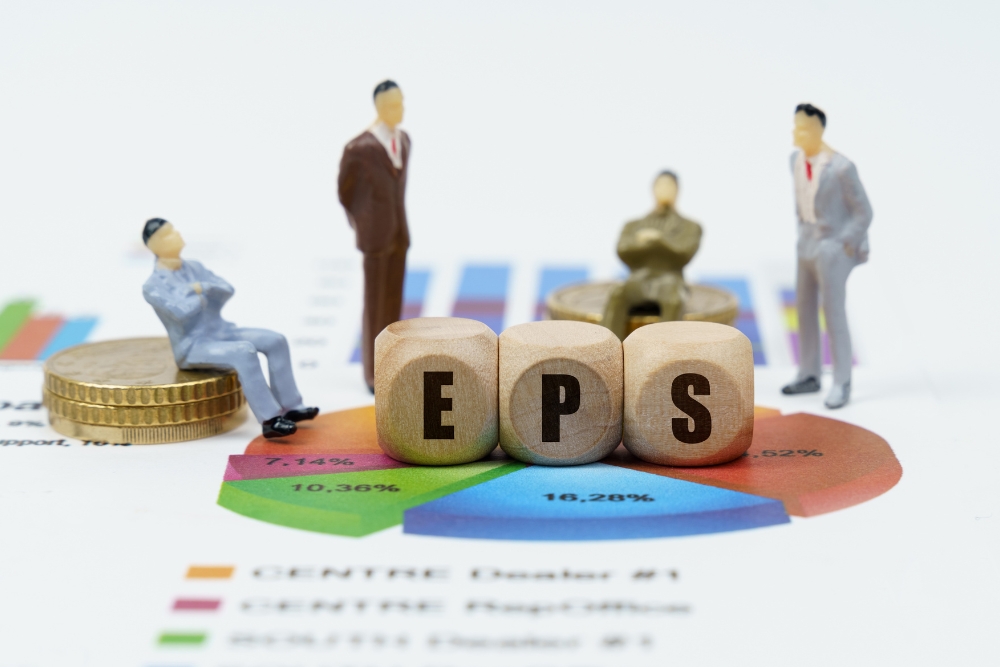
One popular argument is that by cancelling bought-back shares thus reducing the number in issue, then if all things remain equal, the same earnings spread out over fewer shares means a higher earnings per share (EPS), which should then boost the share price.
It is true that if earnings fall by less (in percentage terms) than the percentage of shares outstanding, EPS will rise. And if we assume that the market sets prices by simply and mechanically capitalising reported EPS at industry-wide multiples, then stock prices will go up.
However, if this were the case then taken to the logical if ridiculous extreme, buying back all shares and bringing the number of shares down to zero would result in EPS being boosted to infinity!
Also, if the company uses cash to purchase those shares, then investors should adjust their valuations to reflect the reductions in both cash and shares, thereby cancelling out any EPS effect. Similarly, using debt to fund the exercise can add to the company’s leverage risk.
Furthermore, using EPS or the related metric of the industry’s price/earnings is only one of many ways the market uses to set prices. To expect a reduction in number of shares to automatically push up share prices is overly simplistic, to say the least. Surely the market is sophisticated enough to see through this sort of accounting trick?
Another justification is that buybacks enable companies with excess cash to return this money to shareholders. But if that is the case, then why not simply pay more dividends?
After all, dividends return cash to all shareholders while a share buyback returns cash to self-selected shareholders only. So, when a company pays a dividend, everyone receives cash according to the proportion of their shareholding.
Signalling using share buybacks?
A popular argument share buybacks is signalling, which is that management, as insiders who possess superior information, uses buybacks to signal good news about future profitability which is not reflected in current prices.
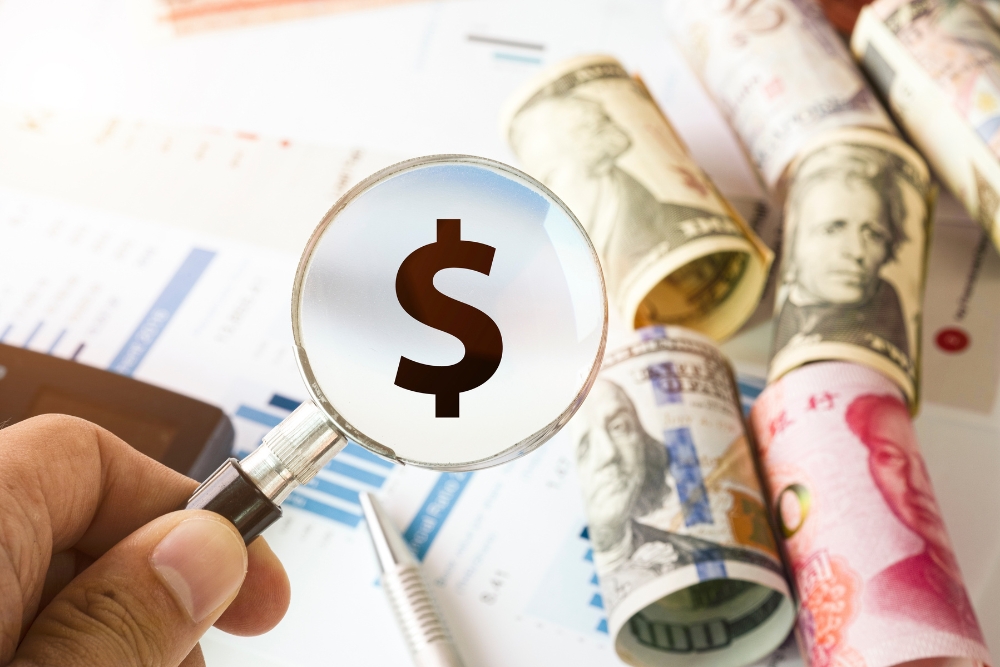
Managers are thought to be willing to commit to making high cash payments today because they expect that future capital needs can be financed with anticipated increases in future earnings.
However, empirical support for this reasoning is inconclusive. While some studies found modest evidence of earnings growth depending on the mode employed when performing buybacks, at least one study found a decline in operating income as a percentage of total assets.
In the local context, the findings of a NUS study conducted on buybacks by listed companies in Singapore, Malaysia and Hong Kong from 2010 to 2022 are interesting.
It found that on average, there is no relationship between the amount spent on buybacks and shareholder returns over one-year to three-year periods following the buybacks and if anything, shareholder returns tend to decline.
Some may argue that share buybacks is the management signalling that after evaluating all possible investment opportunities, it views its own shares as the best investment option. This is essentially a variant of the above signalling hypothesis.
However, the counter to this is that some investors may take this signal negatively, ie. they would prefer to see the company invest in capital and equipment that would enable long-term growth instead of buying its own shares which at best is a short-term measure. For instance, why not spend the money on research and development?
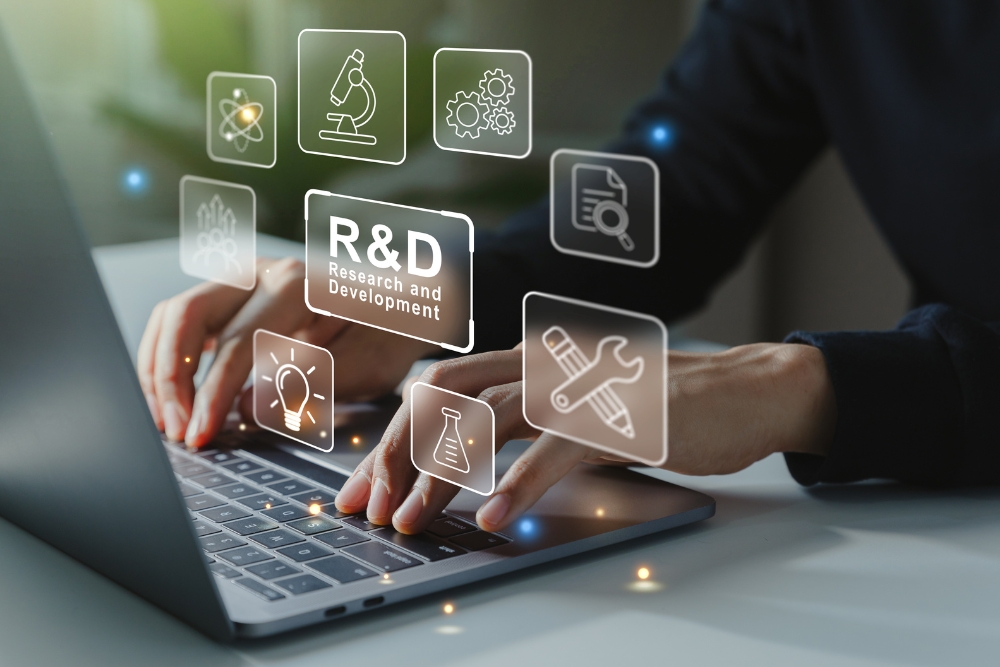
Note also that the credibility of a signal is seriously weakened if the company’s managers choose to participate in the buyback themselves. When managers elect to sell shares rather than retain them, that suggests to the markets that the managers do not believe in their own estimates of value.
Perhaps the best that can be said is that shareholders should recognise that there really are no rigorous theoretical or empirical justifications for buybacks despite their rising popularity.

